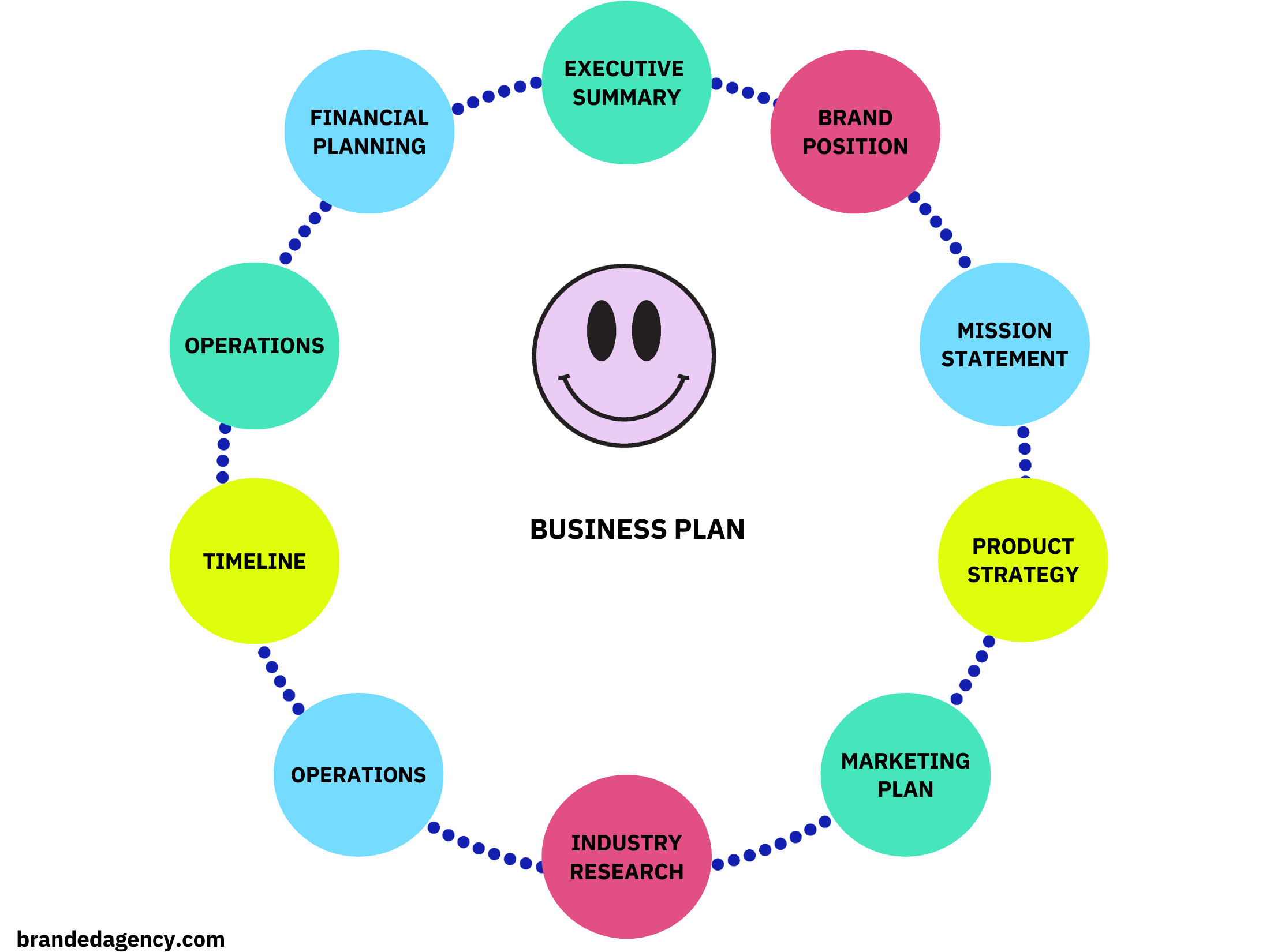Introduction
Starting a skincare line can be a rewarding and lucrative venture for those passionate about beauty and wellness. With the increasing demand for high-quality skincare products, there has never been a better time to dive into this industry. However, like any business endeavor, launching a skincare line requires careful planning, research, and dedication. In this comprehensive guide, we will walk you through the essential steps and provide valuable insights on how to start your very own successful skincare line.
1. Identify your Niche
Before diving into the world of skincare, it’s crucial to identify your unique niche. Consider what sets your brand apart from existing skincare lines. Are you targeting a specific skin concern or demographic? Are your products organic, cruelty-free, or vegan? Identifying a niche will help you establish a strong brand identity and create a loyal customer base.
Additionally, research your target market thoroughly. Understand their needs, preferences, and purchasing habits. This information will be invaluable when developing effective marketing strategies and tailoring your products to meet customer demands.
2. Develop a Business Plan
A well-structured business plan is the foundation of a successful skincare line. Begin by outlining your company’s mission, vision, and goals. Determine your target market, pricing strategy, and distribution channels. Conduct a thorough analysis of your competition to identify gaps that you can fill.
Include a detailed financial plan, including budgeting for product development, manufacturing, packaging, marketing, and distribution. Seek professional advice when necessary, especially if you’re unfamiliar with financial forecasts or legal requirements. Having a solid business plan will not only guide your decision-making but also attract potential investors and lenders.
3. Formulate Your Products
The heart of any skincare line lies in its products. Invest time and effort in formulating high-quality skincare formulations that deliver results. Consider partnering with a professional cosmetic chemist to ensure safety, efficacy, and compliance with industry regulations.
Research and source the best ingredients for your formulations. Evaluate their benefits and potential side effects. Keep up with the latest trends and innovations in the skincare industry. Experiment with different combinations and concentrations to create unique and effective products that address your target market’s needs.
4. Branding and Packaging
Building a strong and memorable brand is essential for the success of your skincare line. Develop a brand name, logo, and tagline that resonate with your target market. Choose colors, fonts, and imagery that convey your brand’s identity and mission.
Ensure that your packaging reflects the quality and uniqueness of your products. Invest in aesthetically pleasing and functional packaging. Consider eco-friendly options to attract environmentally-conscious customers. Remember, your branding and packaging are often the first impression customers have of your products, so make it count!
5. Establish Your Online Presence
In today’s digital age, a strong online presence is crucial for any business. Build a professional website that showcases your brand, products, and values. Optimize your website for search engines using relevant keywords, including “how to start a skincare line,” to improve your visibility in search engine results.
Create engaging and informative content to attract and educate your target audience. Utilize social media platforms to connect with potential customers, share product updates, and gather feedback. Partner with influencers or industry experts who align with your brand to expand your reach and credibility.
6. Set Up a Sales and Distribution Strategy
Decide how you will sell and distribute your skincare products. Explore different sales channels, such as e-commerce platforms, brick-and-mortar stores, and partnerships with local retailers. Consider offering a subscription service or sample packs to attract new customers and encourage repeat purchases.
Establish strong relationships with suppliers and manufacturers to ensure a smooth supply chain. Implement effective inventory management systems to avoid stockouts or excess inventory. Prioritize customer satisfaction by providing prompt and reliable order fulfillment and excellent customer service.
7. Market and Promote Your Skincare Line
Marketing and promotion play a vital role in establishing brand awareness and driving sales. Develop a comprehensive marketing strategy that includes both online and offline tactics. Utilize social media advertising, influencer collaborations, content marketing, and email marketing to reach your target audience.
Attend industry events, trade shows, and exhibitions to network and showcase your products. Offer free samples or discounts to generate buzz and encourage word-of-mouth referrals. Engage with your customers and build a loyal community through social media interactions and personalized customer experiences.
8. Monitor, Analyze, and Adapt
Starting a skincare line is an ongoing process of learning and adaptation. Continuously monitor and analyze your sales, customer feedback, and market trends. Identify areas for improvement and seize opportunities for growth.
Stay informed about changes in regulations, customer preferences, and industry advancements. Regularly update your product offerings to stay competitive. Be open to feedback and commit to providing high-quality products and exceptional customer service. By constantly evolving, you can ensure the long-term success of your skincare line.
FAQ
Q: Is it essential to have a background in skincare or cosmetics to start a skincare line?
A: While having knowledge and experience in skincare or cosmetics can be advantageous, it is not a prerequisite for starting a skincare line. With proper research, guidance from experts, and dedication, anyone passionate about skincare can enter this industry.
Q: How much capital do I need to start a skincare line?
A: The capital required to start a skincare line can vary depending on various factors such as product complexity, manufacturing scale, packaging, marketing, and distribution strategy. It is advisable to create a detailed financial plan to determine the estimated costs and secure the necessary funding.
Q: Are there any regulations or certifications I need to consider for my skincare line?
A: Yes, cosmetics and skincare products are subject to regulations and certifications to ensure safety and quality. Familiarize yourself with the local regulations and industry standards in the regions you plan to distribute your products. Consult with a legal professional or regulatory agency to ensure compliance.
Q: How can I differentiate my skincare line from existing brands?
A: Differentiating your skincare line requires a unique value proposition. Consider factors such as product formulation, target market, ingredients, packaging, sustainability practices, and brand story. Conduct a thorough market analysis to identify gaps or unmet needs and tailor your products accordingly.
Q: How long does it typically take to see a return on investment in the skincare industry?
A: The timeline for seeing a return on investment in the skincare industry can vary widely. Factors that can influence the timeline include market competition, marketing efforts, pricing strategy, product quality, and customer loyalty. It is essential to have realistic expectations and be prepared for a long-term commitment to building your brand.
Conclusion
Starting a skincare line requires careful planning, dedication, and a deep understanding of the industry. By following the steps outlined in this guide, you can navigate the complexities of starting a skincare line and increase your chances of success. Remember to prioritize product quality, customer satisfaction, and continuous improvement. With passion and perseverance, you can create a skincare line that not only benefits your customers’ skin but also fulfills your entrepreneurial aspirations.







Leave a Comment